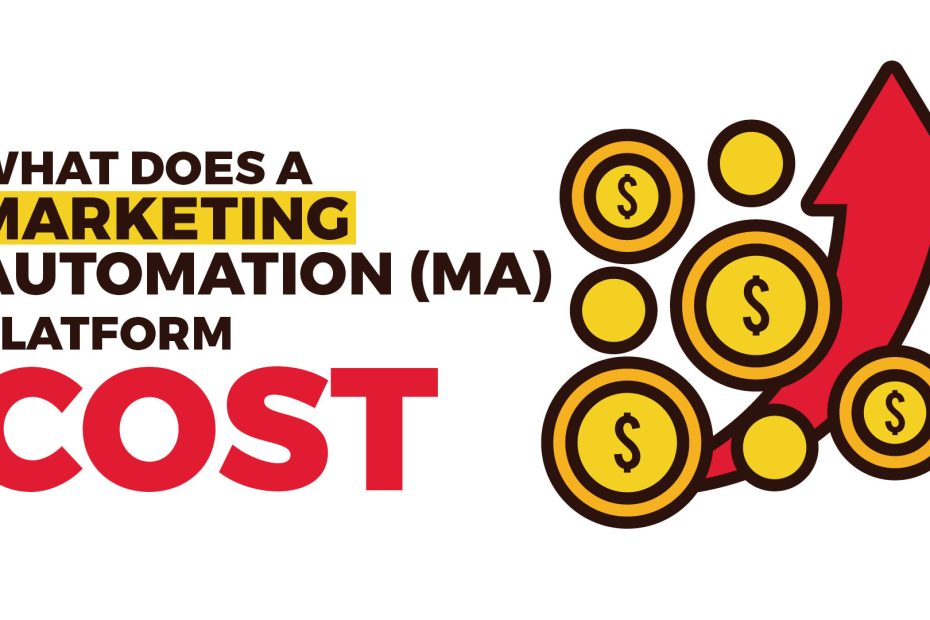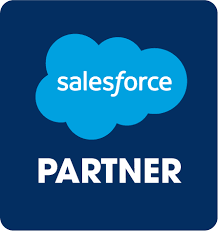Marketing automation (MA) platforms have revolutionized the way businesses manage their marketing efforts. These powerful tools enable companies to automate repetitive tasks, streamline processes, and improve overall marketing efficiency. However, one common question that arises when considering a marketing automation platform is the cost. In this comprehensive guide, we will delve into the various factors that influence the cost of an MA platform and help you understand how to evaluate pricing models. So, let’s explore the world of marketing automation costs and find the best solution for your business.
Understanding the Basics of Marketing Automation:
Before diving into the cost details, let’s briefly discuss what marketing automation entails. In essence, marketing automation refers to the use of technology to automate marketing activities, such as email campaigns, lead generation, customer segmentation, and more. A robust MA platform can save time, enhance customer targeting, and improve campaign results, ultimately driving revenue growth.
If you want to learn the basics of CRM Marketing Automation and its importance in modern marketing strategies. Checkout Free Courses Here
Factors Influencing Marketing Automation Platform Cost:
The cost of a marketing automation platform can vary significantly based on several factors. Here are the key elements that impact the pricing:
(a) Platform Features and Functionality:
The more extensive and advanced the features of an MA platform, the higher the cost is likely to be. Look for functionalities like email marketing automation, lead nurturing, lead scoring, CRM integration, analytics, and social media management.
(b)Scalability and User Limitations:
The number of contacts, users, or subscribers you have will affect the pricing structure of most MA platforms. Some providers charge based on the volume of contacts, while others base their pricing on the number of users or the level of engagement.
(c) Deployment Options:
MA platforms can be deployed in various ways, including cloud-based solutions, on-premises installations, or hybrid setups. The deployment option you choose can impact both the initial investment and ongoing costs.
(d) Integration Capabilities:
Consider the ease of integration with your existing tools and systems, such as CRM platforms, content management systems (CMS), or customer support software. Seamless integration can enhance efficiency and reduce manual work.
(e) Customer Support and Training:
The level of customer support, training resources, and onboarding assistance provided by the MA platform vendor may influence the overall cost. Evaluate whether you require dedicated support or prefer self-service options.
Pricing Models for Marketing Automation Platforms:
Now that we understand the factors affecting the cost, let’s explore the common pricing models used by marketing automation platform providers:
Tiered Pricing:
Many MA platforms offer tiered pricing based on the features and functionality included in each tier. Typically, the higher the tier, the more advanced the features, and the higher the cost.
Usage-Based Pricing:
Some platforms charge based on usage metrics, such as the number of contacts, emails sent, or interactions. This model is ideal for businesses with fluctuating marketing needs.
Customized Pricing:
For larger enterprises with specific requirements, some vendors offer customized pricing plans. These plans are tailored to meet the unique needs and scale of the organization. If you are a beginner and just start a career in Marketing Automation (CRM), must enroll in this course HubSpot (CRM)- For Beginners From Basic to Advance
Evaluating Total Cost of Ownership (TCO):
While comparing pricing options, it’s essential to evaluate the total cost of ownership (TCO) beyond the initial licensing fees. Consider additional costs such as setup and implementation, training, ongoing maintenance, and any required integrations.
Determining ROI and Value:
When assessing the cost of an MA platform, it’s crucial to consider the potential return on investment (ROI) and the value it brings to your business. Look for case studies, testimonials, and reviews to gauge the success stories of businesses similar to yours.
Register for our MARKETING AUTOMAION TRANING
Join Free Workshop: https://www.automationsacademy.com/watch-free-workshop/
Conclusion:
In conclusion, the cost of a marketing automation platform depends on various factors, including the platform’s features, scalability, deployment options, integration capabilities, and customer support. By understanding these factors and evaluating different pricing models, you can find an MA platform that aligns with your business needs and budget. Remember to consider the total cost of ownership and the potential ROI when making your decision. Investing in a robust MA platform can ultimately help you achieve marketing efficiency, drive revenue growth, and stay ahead of the competition.
Remember, choosing the right marketing automation platform is a crucial decision for your business. Take your time, analyze your requirements, and thoroughly evaluate the costs and benefits before making a final choice. With the right MA platform in place, you can supercharge your marketing efforts and unlock new growth opportunities.





